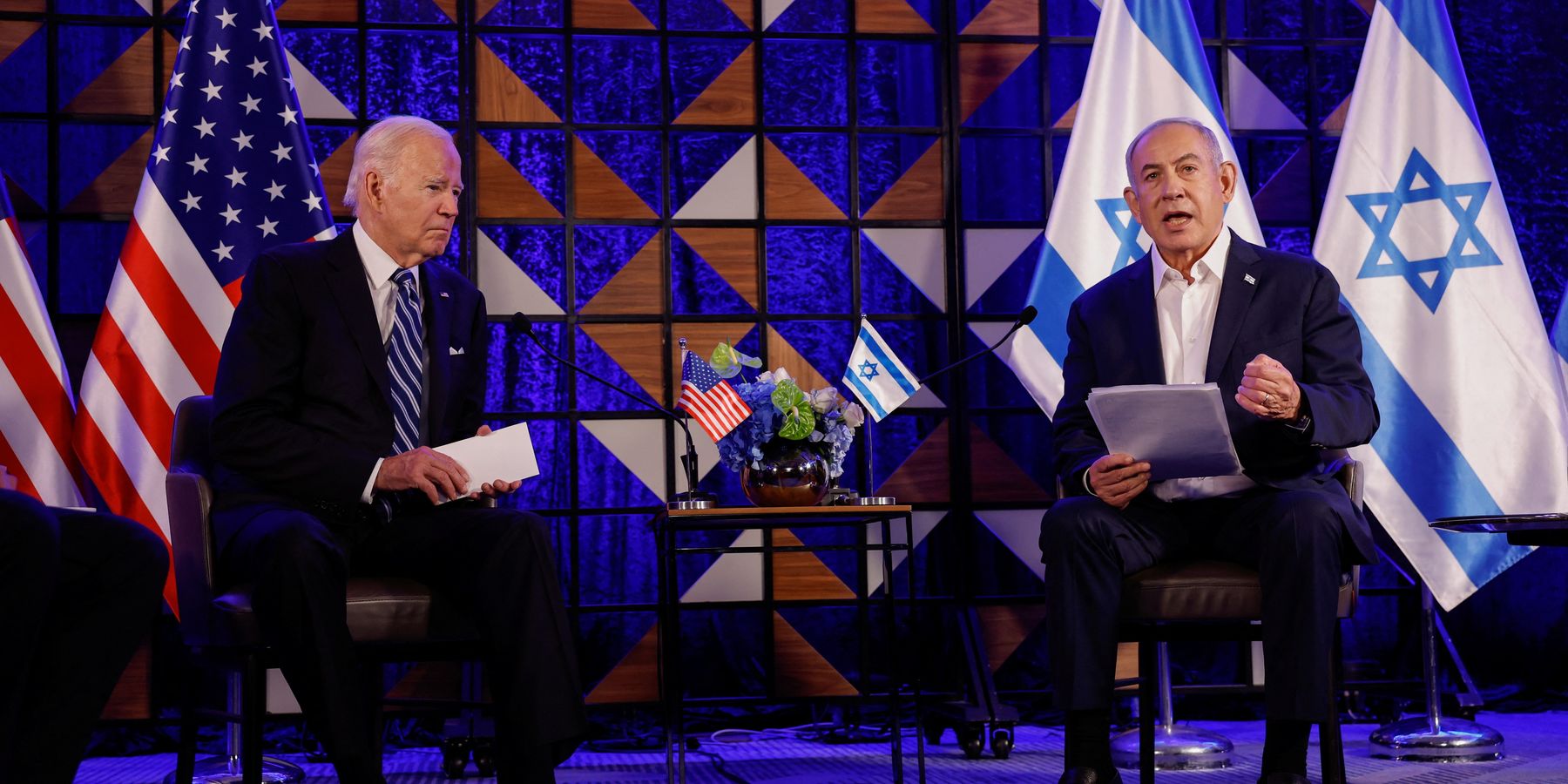A group of 60 national, state, and local organizations sent a letter to President Biden on Monday urging him to “hold Israel accountable to U.S. law [by] ending arms sales to Israel to protect U.S. interests, achieve a ceasefire, protect civilians, increase aid access in Gaza, and work towards a stable future for the region.”
The policy, humanitarian, and faith-based organizations — which include Amnesty International, the Friends Committee on National Legislation, and the Quincy Institute, publisher of Responsible Statecraft — expressed disappointment with Biden’s policy of “unconditional support of Israel paired with empty threats,” saying the policy has not yielded any meaningful results and serves to harm America’s global reputation.
Rather than curbing Israel’s actions, the signatories say the Biden administration has enabled it to bomb hospitals, schools, and residential areas, block humanitarian aid, and kill tens of thousands of civilians, journalists, and aid workers, all at the expense of the taxpayer.
The organizations say a letter sent by Secretary of State Antony Blinken and Defense Secretary Lloyd Austin to Israeli Defense Secretary Yoav Gallant asking Israel to allow humanitarian aid in Gaza “provides an opportunity to course correct U.S. policy” and enforce U.S. law which would require the United States to withhold aid until humanitarian assistance is delivered.
“The longer the U.S. allows its power and global standing to be undermined by this conflict, the more cost the United States will bear in reputation, taxpayer dollars, and possibly servicemember and citizens’ lives,” they write. “In your final months in office, we urge you to do everything in your power to end U.S. military aid to Israel to stop Israel’s assaults on civilians and maintain regional stability.”
- Washington is not telling truth about the Gaza pier ›
- Deadline: US says Israel failing in aid efforts. What happens now? ›
















